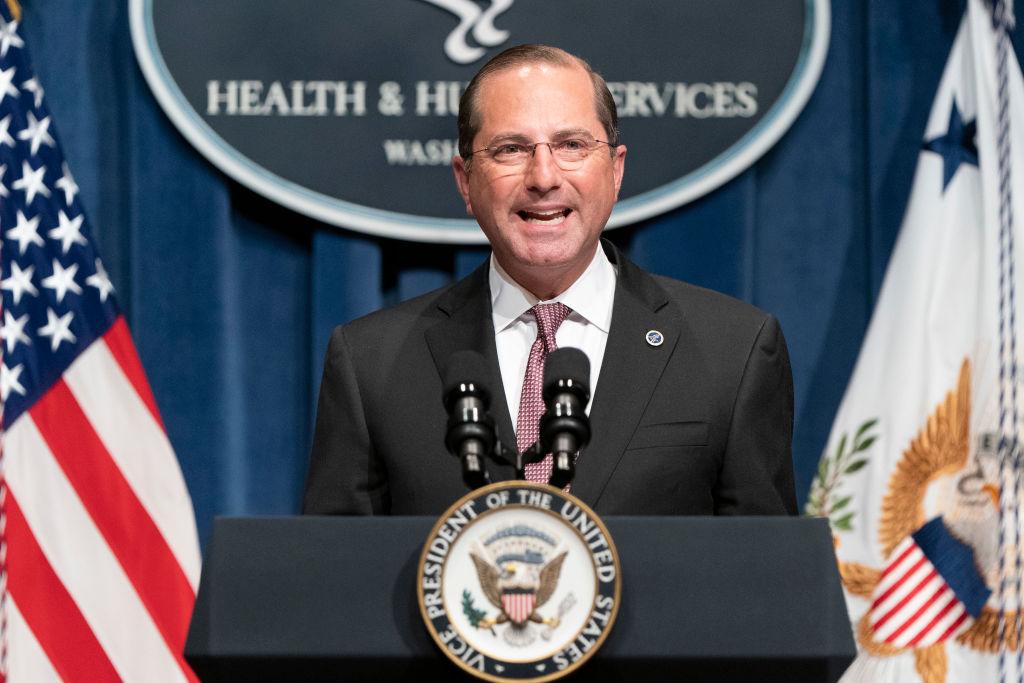Health Secretary Alex Azar on Thursday reminded Americans of how Beijing, about a year ago, had held back the truth about the CCP (Chinese Communist Party) virus outbreak, allowing it to turn into a global crisis.
Azar, during a speech at conservative think tank Heritage Foundation, said the early U.S. response to the CCP virus was particularly difficult because the virus emerged in China, which, given the nature of the communist regime, “severely limited” outside access to information about it.





